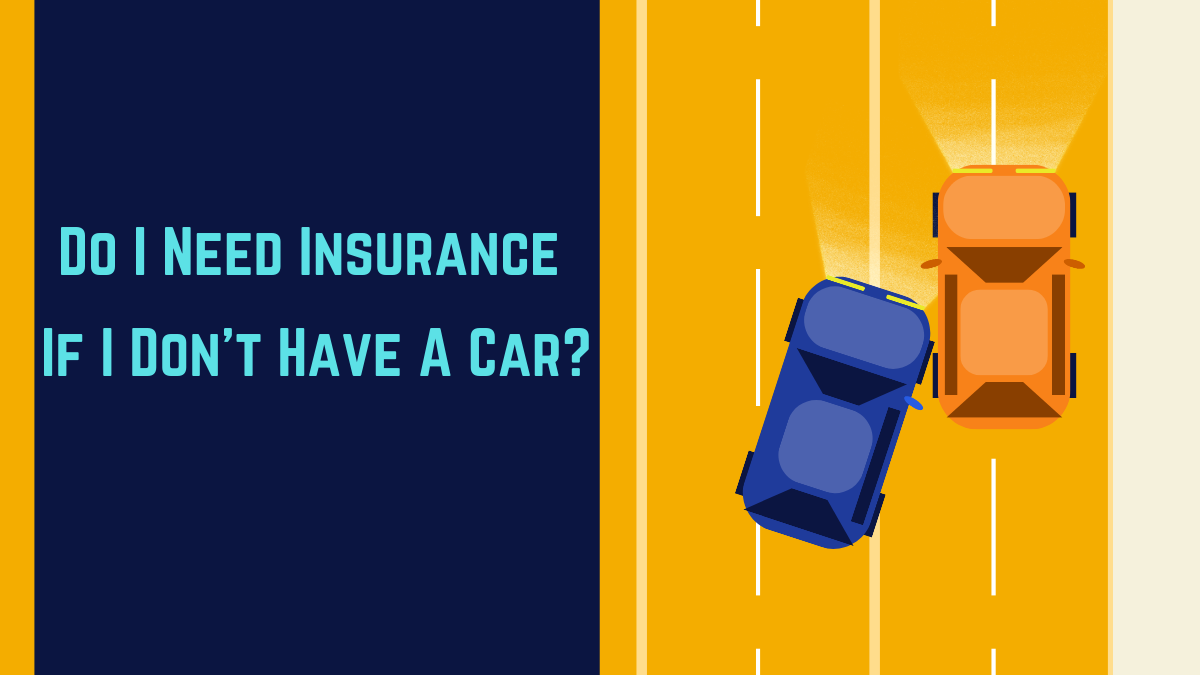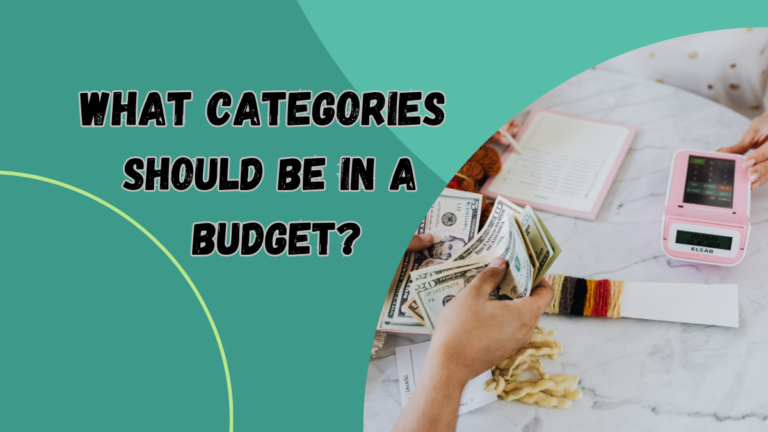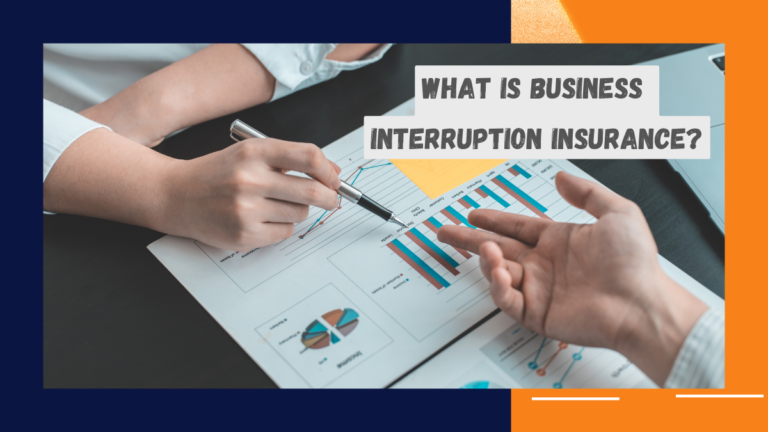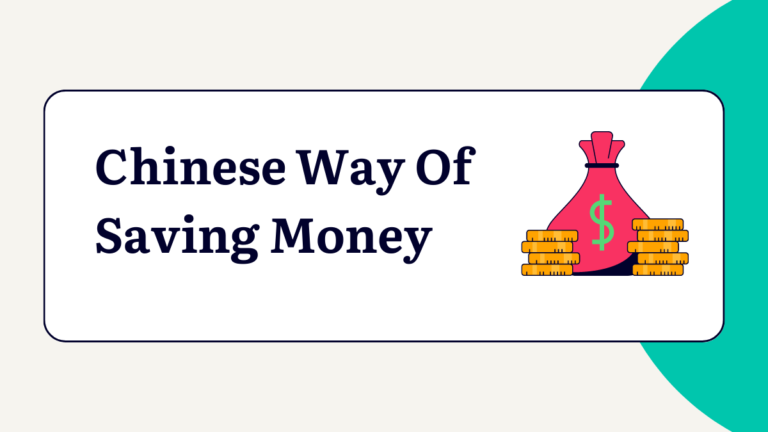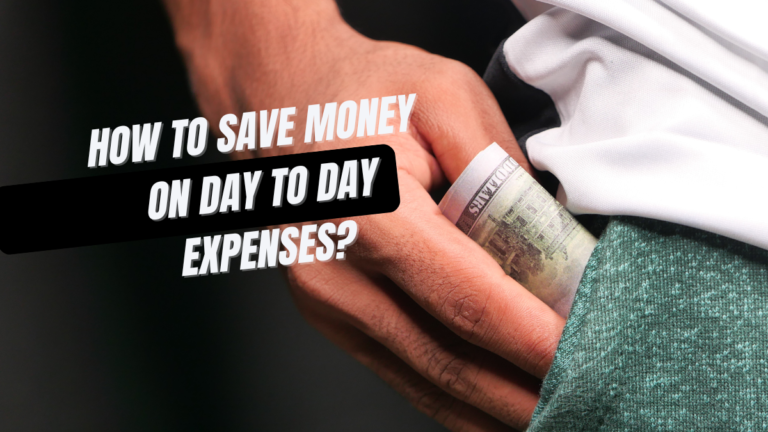Do I Need Insurance If I Don’t Have A Car?
Rev up your curiosity, because today we’re hitting the road with a burning question: Do I need insurance if I don’t have a car? Buckle up and prepare for an eye-opening journey as we navigate through the twists and turns of this often-overlooked topic.
Whether you’re a city dweller, relying on public transportation or ride-sharing services, or simply contemplating life without four wheels, join us on this insightful ride to uncover why insurance might still be your ticket to peace of mind. So fasten your seatbelts – let’s explore whether going carless means going risk-free.
Table of Contents
Types of Insurance for Non-Car Owners
There are a few different types of insurance for non-car owners:
- Renters insurance: This type of insurance covers your personal belongings in the event that your rental property is damaged or destroyed.
- Homeowners insurance: If you own your home, this type of insurance can protect your property and possessions from damage or loss.
- Condo/co-op insurance: Similar to homeowners insurance, but specifically for condominiums and cooperatives.
- Umbrella liability policy: This type of policy provides additional liability coverage above and beyond what your other policies might cover. It can be a good option if you have significant assets to protect.
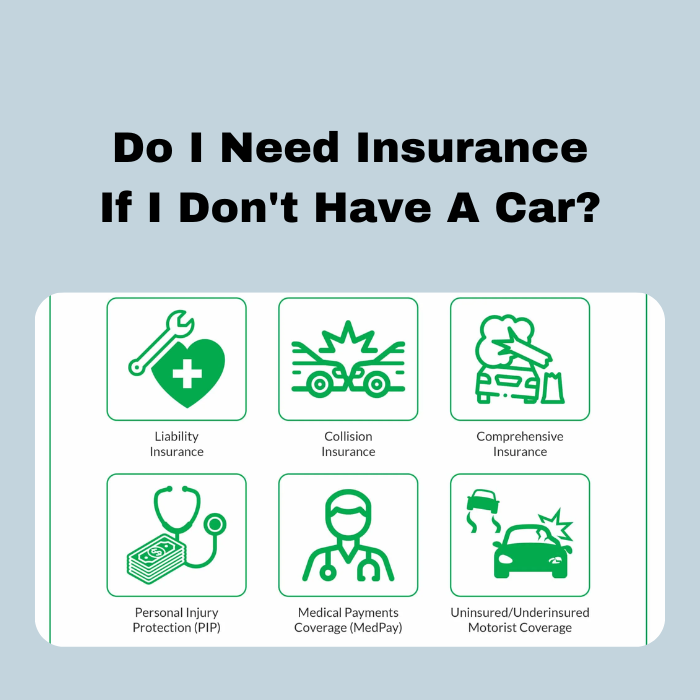
Understanding Your Insurance Needs as a Non-Car Owner
If you don’t own a car, you may think you don’t need insurance. But even if you don’t have a car of your own, there are still financial situations where you may need some form of insurance coverage.
For example, if you regularly rent cars or borrow a friend’s car, you’ll want to make sure you’re covered in case of an accident. You can get insurance coverage for these occasions through a non-owner car insurance policy.
Non-owner car insurance provides liability coverage if you’re involved in an accident while driving a rented car or a friend’s car. It can also provide collision and comprehensive coverage for rented cars, although this is typically not required by the rental company.
If you don’t have your own car but do use ride-sharing services like Uber or Lyft, you’ll want to make sure you have sufficient insurance coverage. Most personal auto insurance policies exclude coverage for commercial activities like ride-sharing, so you’ll need to purchase a separate commercial policy if you want to be fully insured.
Even if you don’t currently own a car and don’t anticipate needing one in the near future, it’s still a good idea to maintain at least some basic auto insurance coverage. If you plan on ever owning a car again or borrowing someone else’s vehicle on a regular basis, non-owner car insurance can provide important financial protection in the event of an accident.
Benefits of Having an Insurance Policy for Non-Car Owners
If you don’t own a car but do drive, you might not think you need auto insurance. But if you regularly drive a friend’s car, rent cars, or borrow a car from your parents, you could be putting yourself and others at risk by not having coverage.
There are several benefits of having an insurance policy for non-car owners:
- You’ll be covered in case of an accident. If you cause an accident while driving someone else’s car, their insurance will likely cover the damages. However, if the damages exceed their policy limits, or if they don’t have enough coverage, to begin with, you could be on the hook for the rest – which could be expensive. Having your own policy will ensure that you’re protected in case of an accident.
- You’ll avoid potential legal trouble. In most states, it’s illegal to drive without insurance. If you’re caught driving without insurance and get into an accident, you could face serious penalties – including fines and jail time.
- You’ll have peace of mind knowing you’re protected. If you’re involved in an accident, whether it’s your fault or not, having insurance can help alleviate some of the stress and worry that comes with it. Knowing that you’re covered can help give you peace of mind and allow you to focus on more important things – like recovering from any injuries sustained in the accident.
How to Choose the Right Insurance Plan for Non-Car Owners?
If you don’t own a car but still need insurance, you have a few options. You can purchase a non-owners policy, which will provide liability coverage if you’re in an accident. This type of policy is typically less expensive than a traditional auto insurance policy.
You can also get insurance through your renters or homeowners policy, which may cover your personal belongings if they’re damaged in an accident. If you frequently use a rental car, you can purchase insurance through the rental company.
Alternatives to Traditional Car Insurance Policies
There are a few alternatives to traditional car insurance policies that may be right for you if you don’t have a car. One option is non-owner car insurance, which can provide liability coverage if you cause an accident while driving someone else’s vehicle.
Another option is a usage-based insurance policy, which uses technology to track your driving habits and give you a personalized rate based on how much (or how little) you drive. If you only drive occasionally, you may be able to get a pay-as-you-go policy that charges you for the days or miles that you actually drive.
Pros and Cons for Non-Car Owners
If you don’t own a car, you may think you don’t need insurance. However, there are several pros and cons to consider before making your decision:
The biggest pro is that you will save money on your insurance premium. If you don’t have a car, you won’t have to pay for collision or comprehensive coverage. This can save you a significant amount of money every year.
However, there are some cons to not having car insurance if you don’t own a car. The biggest one is that you will be responsible for any damages caused by your actions while driving. This includes damage to other people’s property or injuries to others. If you cause an accident and don’t have insurance, you could be sued for damages and end up having to pay a lot of money out of pocket.
Another con is that if you’re in an accident and found at fault, your rates will go up significantly when you do get insurance again. This is because insurers see drivers who have been in accidents as high-risk and charge them higher rates accordingly.
So, there are some things to consider before deciding whether or not to get car insurance if you don’t own a car. Ultimately, it’s up to you to decide what’s best for your situation.
Conclusion
Having insurance is an important part of financial protection, even if you don’t own a car. Whether it’s for health, home, or liability coverage, having the right kind of insurance helps protect your finances in case anything unexpected happens.
Do some research and consider talking to an agent to find out which type of coverage is best for you. No matter what your situation is, having at least some form of insurance can provide peace of mind and security during life’s unpredictable moments.
